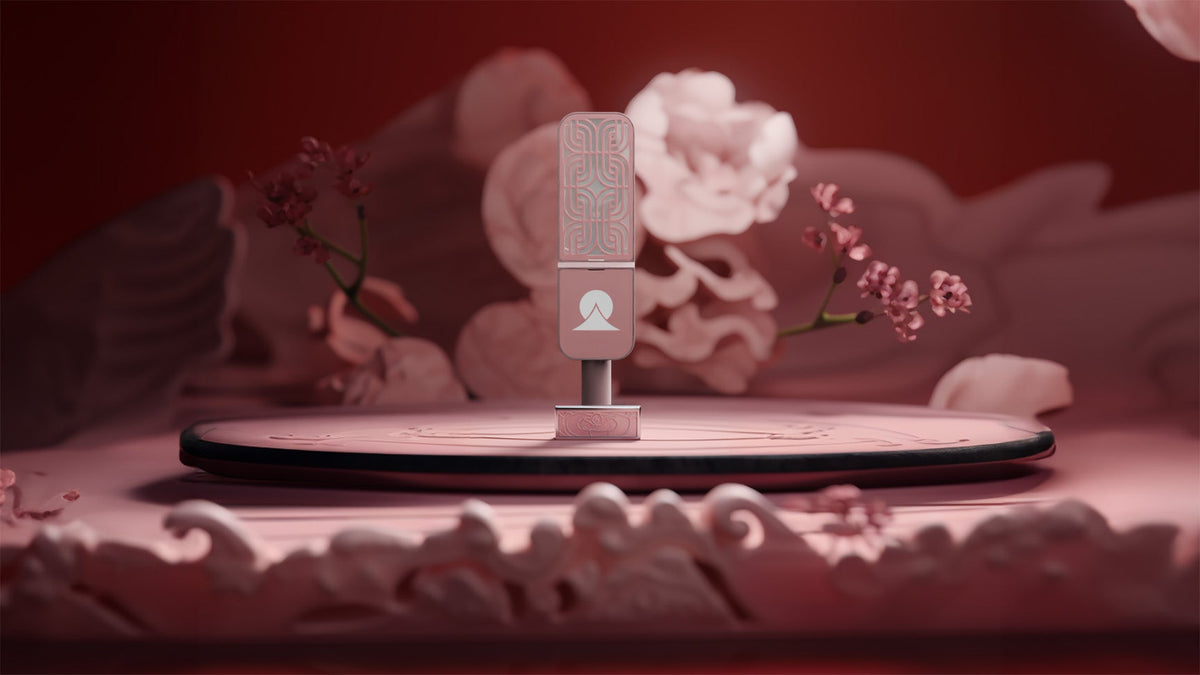
How to Fall in Love with Limitations
|
|
Time to read 2 min
|
|
Time to read 2 min
Have you ever felt overwhelmed by the sheer number of options and choices available to you when working on your music? You might be surprised that sometimes, less is more. By learning to love the limitations that you have when working on music and recording, you can maximize your creativity and discover your innate inclinations.
When faced with an arsenal of instruments, plug-ins, chords, or endless possibilities, our instinct would be to avail all of them in our creative process. However, an excess of options often leads to distraction and scattered work. Instead of getting more, try putting some things away. Focus on a simpler selection of tools, instruments, or concepts. You'll be amazed by how much you can create and learn from having less to work with.
My own journey in music production began when I was just 16 and without the financial means to acquire any fancy recording equipment or software. All I had were some cheap dynamic mics and an old Mac computer with Soundtrack Pro — an audio editing software that lacked midi capabilities. As a keyboardist, this forced me to keep learning guitar and led me to appreciate sample-based music. This formative time while I was learning how to produce deeply impacted my approach to music even today.
By embracing minimalism in your creative process, you'll be forced to rely on the most basic tools and techniques available. This will allow you to distill your workflow and uncover your unique inclinations, tastes, and strengths. It's essential to sometimes strip back your work to discover what truly drives your passion and style.
In my case, learning to work with less pushed me into a world of genre exploration and appreciation. I began to seek out found sounds and field recordings, turning them into rhythm sections and makeshift instruments. This gave me a fresh and different perspective on how I view and create music.
Don't get me wrong; I believe in maximalist expression in art and music. However, to achieve this to its fullest potential, we need to occasionally dial back and distill our creative selves. This allows us to bring back a renewed focus and perspective that didn't exist before.
Once you've come to appreciate the limitations and the minimalism in your work, you can then reintroduce complexity with a fresh vision. Your new-found understanding of your creative process will enable you to make more informed and impactful decisions about how you shape and craft your music.
It's time to start embracing your limitations — not as obstacles, but as opportunities to grow and refine your craft. Be it instruments, plug-ins, or chords, experiment with putting things away and see the magic that unfolds when you have less to work with. You'll find yourself more connected to your innate inclinations and inspired to discover new ways to look at your art.